MacArthur Increases Amount of “Genius Grants”
The Chicago–based MacArthur Foundation announced last week that it will increase the value of its annual fellowships—also known as “genius grants”—to $625,000.
Previously, grants of $500,000 have been given through the MacArthur Fellows Program to individuals working in various fields including literature, music, visual art, science, and medicine. Past winners—nearly nine hundred since the program's inception—have included poet Kay Ryan and fiction writer Junot Díaz. The foundation last increased the grant amount in 2000.
“We looked at many benchmarks and decided it was time to make an adjustment,” said Cecilia Conrad, vice president of the Fellows Program, who cited inflation as one factor in the decision to increase the grant amounts.
Established in 1970 by philanthropists John D. and Catherine T. MacArthur, the MacArthur Foundation bestows the unrestricted five-year grants to individuals based not on their past accomplishments, but instead on their potential.
“We believe the program inspires people from all walks of life to think about how they can use their own skills and ideas to make the world a better place,” Conrad wrote in a recent report on the inspiration and impact of the fellows program.
There is no application process for the grants, and recipients are nominated anonymously. The 2013 fellows will be announced September 25.
In the following video from the MacArthur Foundation, 2012 Fiction Fellow Junot Díaz discusses his work and the impact of the grant.





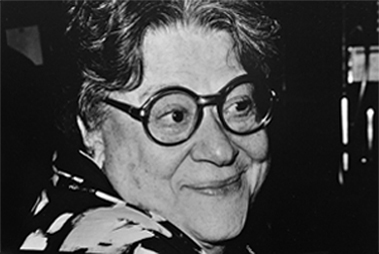

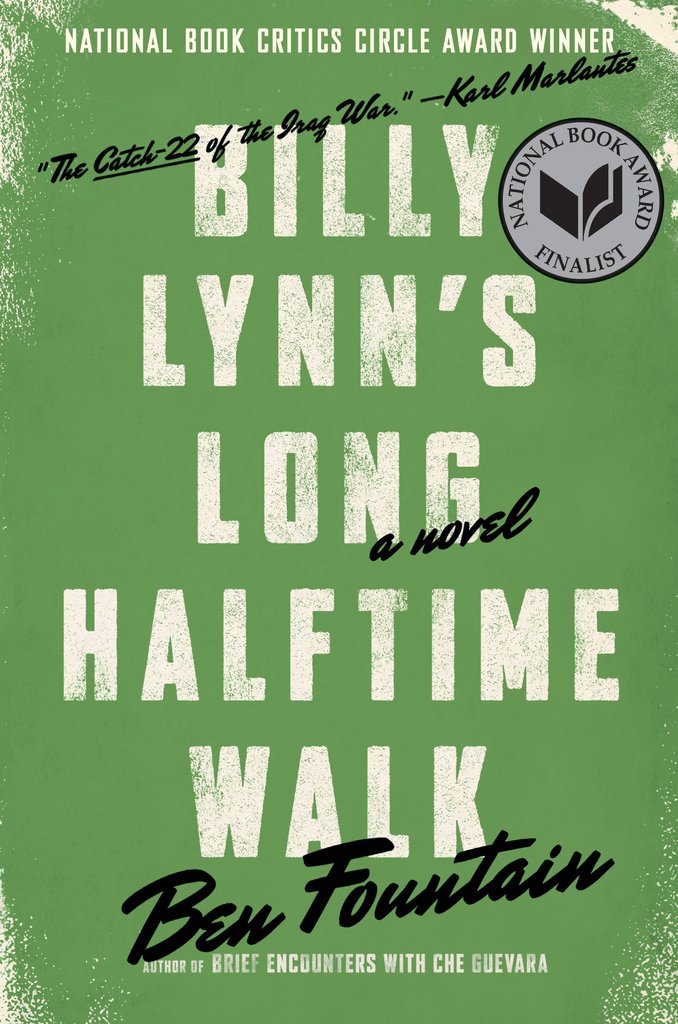 The fiction finalists are:
The fiction finalists are: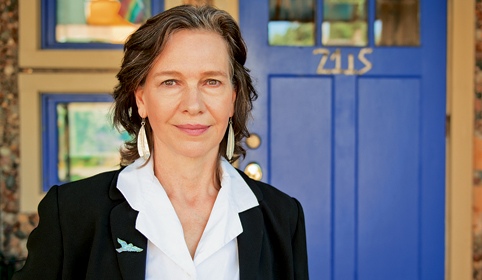
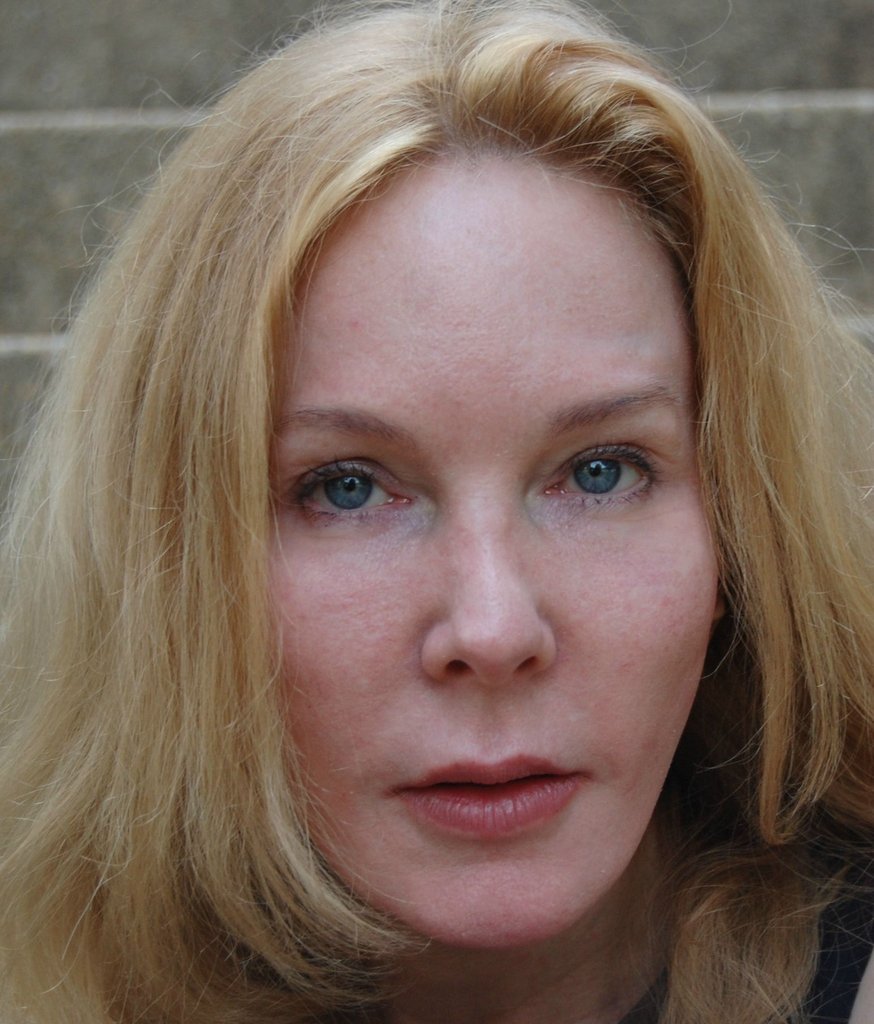
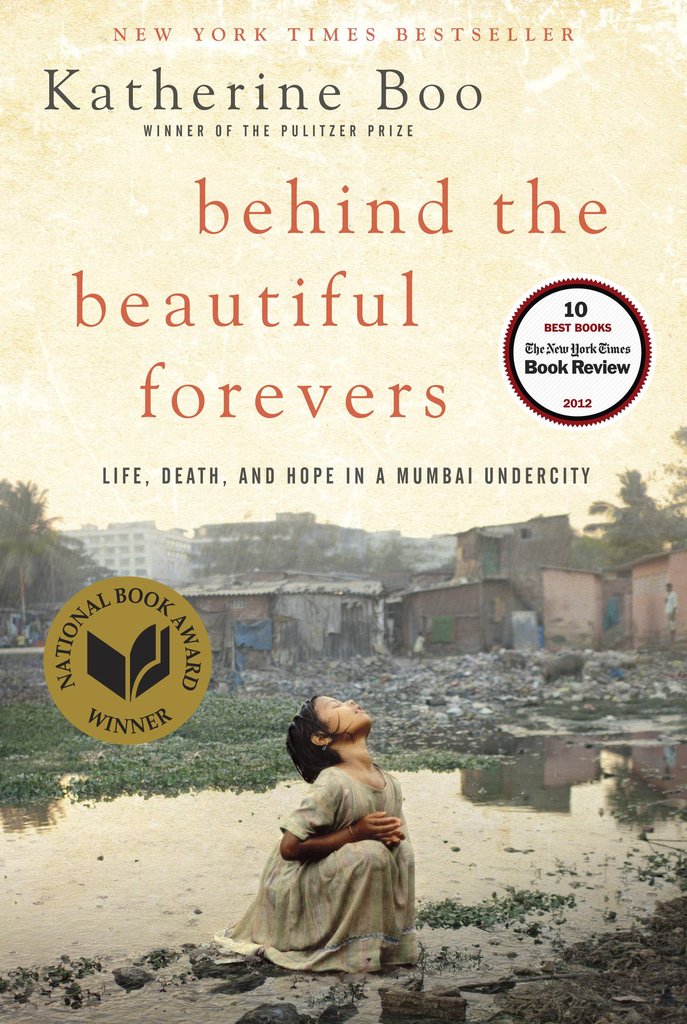
 “Every year PEN’s literary awards recognize the brightest lights in literary fiction and nonfiction and honor the sustained careers of writers who are distinguished in their fields, raising awareness for a diverse array of outstanding books,” said PEN President Peter Godwin. “These awards represent the best of PEN’s work in defense of free expression throughout the world—fighting censorship, promoting translations into English, and honoring both the new and well-known authors who make up the core of PEN as an organization. Their voices amplify our advocacy work.”
“Every year PEN’s literary awards recognize the brightest lights in literary fiction and nonfiction and honor the sustained careers of writers who are distinguished in their fields, raising awareness for a diverse array of outstanding books,” said PEN President Peter Godwin. “These awards represent the best of PEN’s work in defense of free expression throughout the world—fighting censorship, promoting translations into English, and honoring both the new and well-known authors who make up the core of PEN as an organization. Their voices amplify our advocacy work.” Born in Kentucky in 1934,
Born in Kentucky in 1934, 